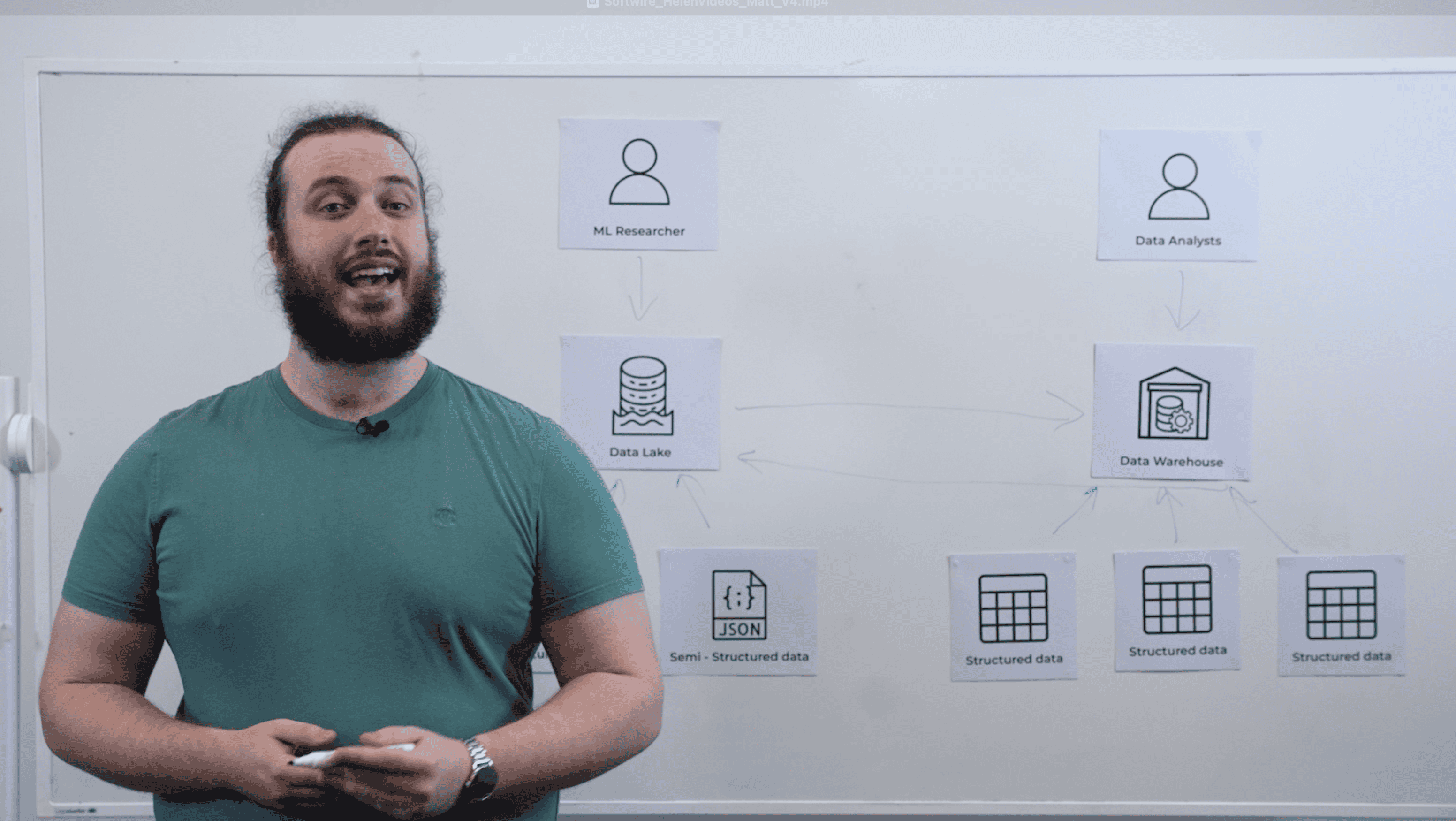
You’ve reached a major milestone in your first artificial intelligence (AI) project. After identifying a business opportunity that AI could address, you’ve got your data in order, brought together the right people, and developed your first proof of concept (POC).
Most likely, this will have been the big target everyone was working towards. Now that you’ve reached it, what comes next?
Having cleared the initial hurdles, it’s time to analyse the impact the AI project has on your business. This will help you decide whether to proceed with refining and productionising it. We’ll look at a broad range of ways you can measure this success.
Equally, having understood more about what AI can do – and what it takes to get to the POC stage – you can look at addressing other business opportunities where you feel AI might offer a solution. We’ll explore which elements of your first project you can harness to accelerate subsequent initiatives.
The added importance of demonstrable ROI in AI
Measuring and demonstrating ROI is important for any project, but particularly for those involving AI.
This is partly because of the upfront investment AI typically demands, especially if you’re trying to do something complex. The bigger the spend, the greater the focus will be on demonstrating returns. And the scepticism that still exists around AI often intensifies this spotlight.
Moreover, the experimental nature of AI means you’ll inevitably try things that don’t work or that provide little business value. If you’re not measuring ROI from day one, you risk spending large sums pursuing what could turn out to be white elephants.
These two reasons are why an iterative approach, where you keep projects small, focused and incremental, is so important. When something works, you’ve quickly got demonstrable ROI. And when it doesn’t, you haven’t spent huge amounts of time or money on it.
Measuring success
If you’ve been focused in your aims and clear from the start on how you’ll measure success, you’ll be well-placed to demonstrate ROI to your sponsors as your initiative progresses.
This could be in the form of something that’s straightforward to measure and has an instant impact on the organisation: Increased revenue, reduced costs, greater efficiency or staff productivity, better customer attraction and retention rates, or improved customer satisfaction scores.
It could also be things like whether you’re getting better understandings of customer behaviour or the way your organisation is operating. These in turn give your colleagues across the business valuable insights to refine products, services and processes, ultimately making you more competitive.
Beyond the quantifiable benefits
While many people focus on quantifiable measures, such as the ones above, there are often other, less-easy-to-measure benefits born out of AI projects.
For example, as we touch on elsewhere, successful AI projects require significant cross-departmental collaboration. Getting previously siloed divisions to work together effectively can result in positive cultural change, with the business becoming nimbler and more responsive to customer demands and competitor activity.
This agility is strengthened by the ‘start small and grow’ approach we advocate for AI projects, which can spread to other parts of the business – including beyond the realms of IT. This can be a real revelation to organisations used to working in expensive, large-scale, multi-year project cycles.
And being part of this more dynamic culture can improve morale among employees, who feel part of something innovative and exciting, and are therefore more engaged, motivated and creative.
If your POC is a success – what next?
If the metrics show that your POC is delivering value, you’ll have a strong case for further investment to start productionising it. As you do, stick with the iterative approach, starting with a minimum viable product (MVP), then adding to it as you progress towards a full rollout. Throughout this process, remember to keep measuring ROI, to secure and maintain buy-in, and unlock budget.
Leverage the expertise you’ve built up
Even if your first project doesn’t achieve the results you were hoping for, your organisation will still have built up hugely valuable knowledge and expertise. The first project is generally the hardest to get to the POC stage, because there’s so much to learn. But once you’ve done it, subsequent initiatives become progressively easier, because you’ll know so much more about preparing and handling the data, navigating the legal and ethical issues, dealing with technical challenges, working with AI tools and measuring ROI.
It’s hard to put a price on this expertise, because it can dramatically accelerate your next foray into AI. So rather than disband your team, reassess your organisation’s opportunities and challenges with renewed resolve, to identify which should be your next target for AI.


